
News


This is the seventh year in a row the program increased savings.

Study results reported in JAMA Network Open show that financial incentives are only modestly effective in getting more people to get way screened for colorectal cancer.

The transition from treating patients at a provider’s site to delivering care in the home and community requires two things: an ability to incorporate social determinants of health into the care coordination process and the inclusion of value-based care and community-based organizations as compensated care delivery partners in VBC networks.
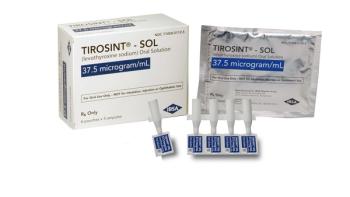
The liquid therapy to treat hypothyroidism now comes in 15 different dosage strengths in single-use packaging.
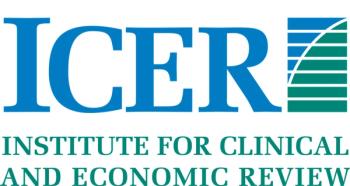
ICER calculations using real-world data would result in major price cuts of three therapies — Takhzyro, Haegarda, and Cinryze — if they were to meet commonly used cost-effective thresholds.

U.S. Preventive Services Task Force (USPSTF) screening recommendations for diabetes, prediabetes need to be coupled with public health measures, argues accompanying editorial.
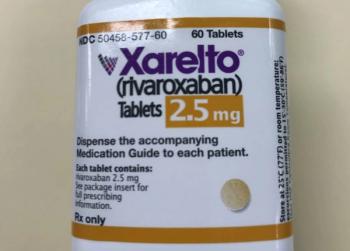
Xarelto is now indicated to help reduce the risks of major cardiovascular events in patients with coronary artery disease and major thrombotic vascular events.

Congress wants to cut $1.5 trillion from innovative companies and threaten the loss of one million jobs in order to fund a multi-trillion-dollar spending bill, according to Pharmaceutical Research and Manufacturers of America President and CEO Stephen J. Ubl. This approach would undermine the ability to develop new treatments and jeopardize patient access to life-saving medicines.

Preliminary research shows Anplag could be repurposed as a heart failure treatment at a lower cost.
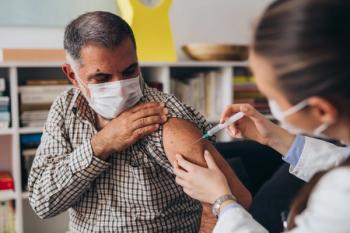
A wave of vaccine mandates has started. The FDA's full OK today may have an effect on the unvaccinated with a wait-and-see attitude and could, according to one expert, open the door to off-label use of the vaccine by clinicians.

The drug savings and greater use of generics that ACO proponents hope for did not materailize.

Survey highlights level of compliance preparedness and increasing skepticism towards new regulations.

Now called Comirnaty, the vaccine is approved for those 16 years and older.

Increasing the practice of evidence-based care is vital to improving the quality and efficiency of care in the U.S. To push more providers to adopt evidence-based medicine, we must reward high-quality patient outcomes - not high volumes.

As IT outsourcing surges, finding the right partner is key. Below are five questions that can get you there.


With confirmed cases of COVID-19 on the rise in the United States, Cigna has established new requirements to help protect its workforce. Employees who work remotely must be fully vaccinated before entering any U.S. worksite, beginning September 7.
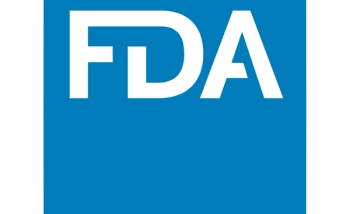
FDA approves Opdivo, Jardiance for new indication, Jemperli gets accelerated approval for solid tumors, and Lilly’s rapid-acting insulin, Lyumjev is approved for administration via an insulin pump.

Eighty-six percent of nurses said supply chain workflows cause them stress and 85% said documenting supplies is challenging.

Pandemic accelerates adoption of automation in healthcare.

Despite 90% of patients who participated in a TrialJectory survey acknowledging importance of genetic testing, less than half have undergone next-generation sequencing.

The therapy is the first approved for patients with tumors associated with von Hippel-Lindau disease.

Briana Contreras, associate editor of MHE, spoke with Dr. Maria Hernandez, founder and CEO of Impact4Health. Maria shared not only how healthcare inequities remain to be an issue and what needs to be addressed, but also the progress that has been made over time through awareness, conversations and laws, especially due to the heightened awareness of inequities caused from the COVID-19 pandemic and the tragic deaths of George Floyd, Breonna Taylor and many more - which have now occurred over a year ago.

Duplication and other errors can turn population health into a guessing game and waste time and money.

Screening and vaccination against HPV have reduced the incidence of cervical cancer, but researchers say some women are being screened for cervical caner too often — partly because of vaccination.

An estimated 1-6% of all children and adolescents have obstructive sleep apnea.

The first half of 2021 saw 372 deals averaging $39.6 million, which is already more than the total value of the deals done in all of 2020.

Positive trial results were reported in The Lancet last year. The FDA is scheduled (the PDUFA date) to make a decision on the application for approval early next year.

Three differentiators that separate leaders from chasers in virtual health transformation.